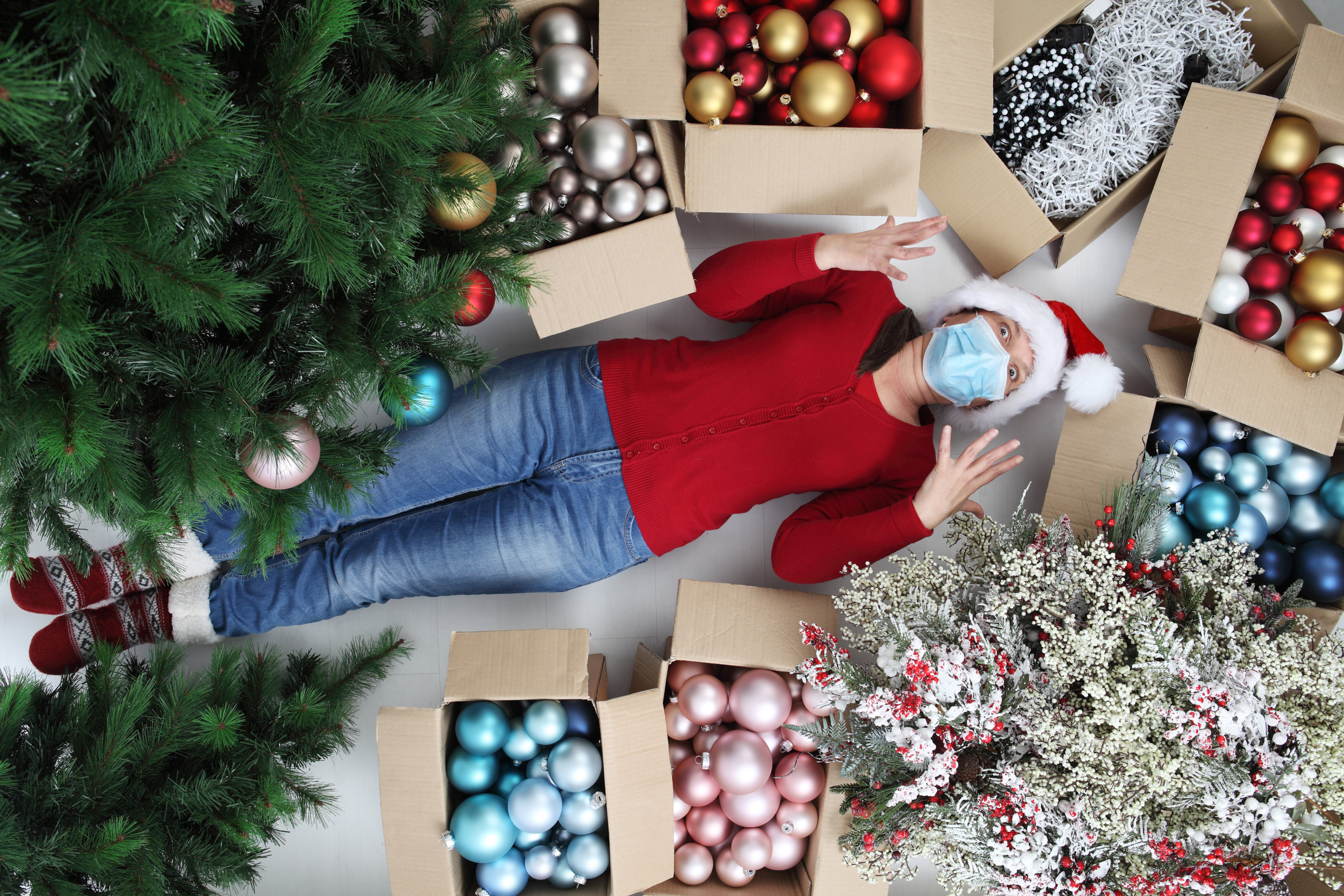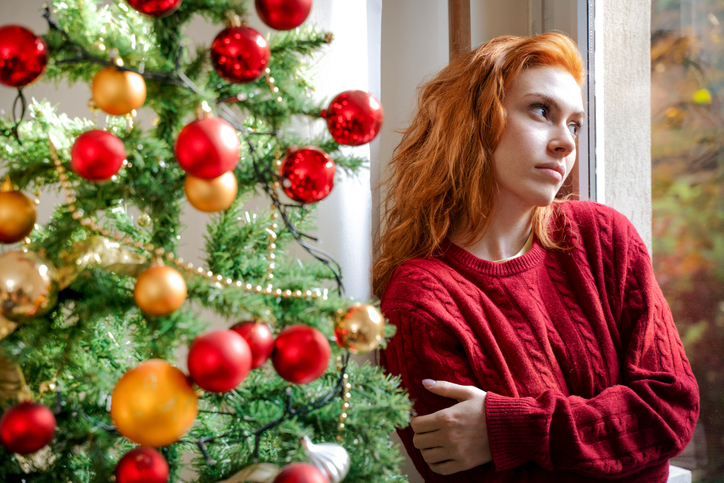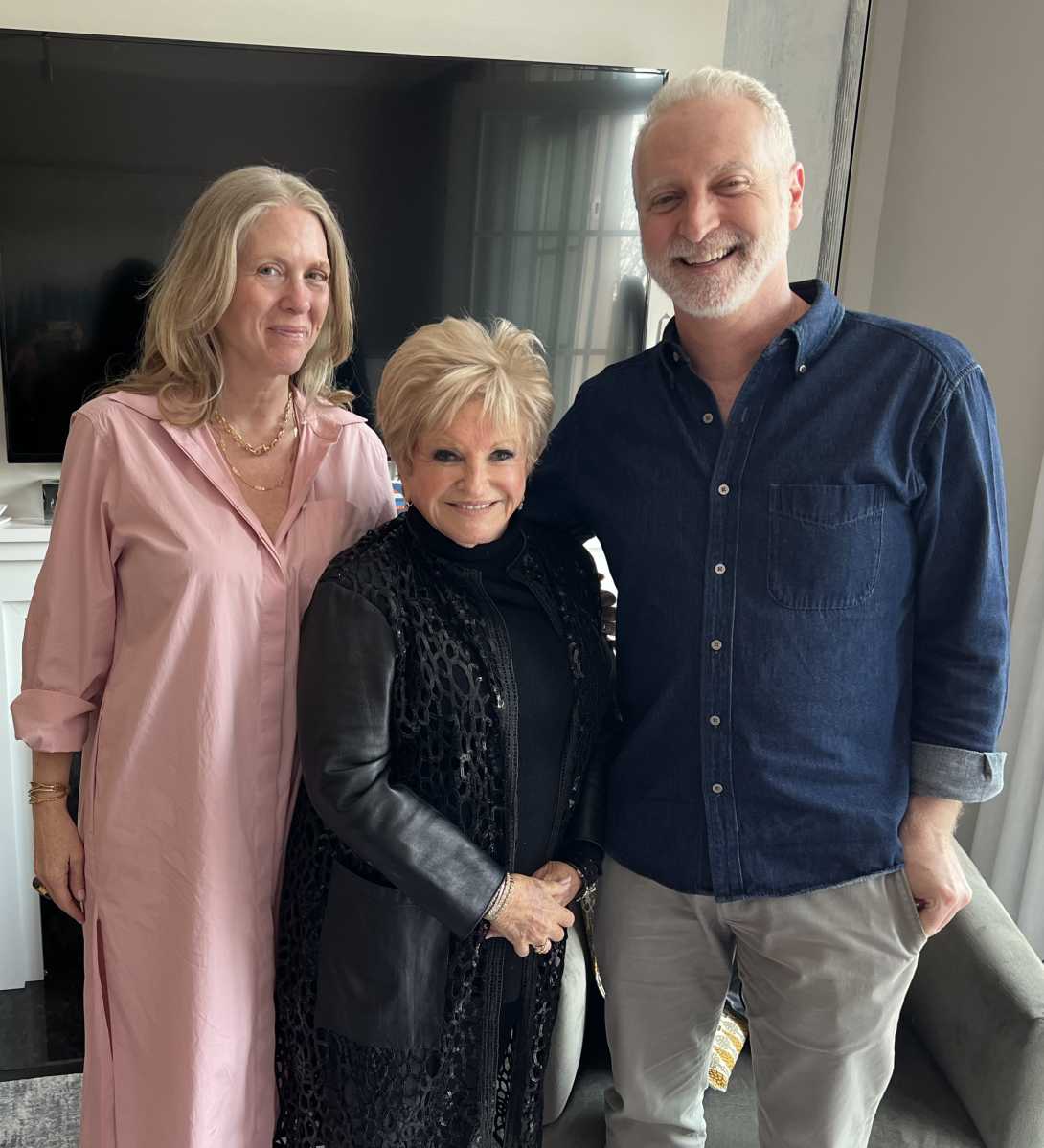Pro Tips for Managing Holiday Season Stress + Hamptons Mental Health Resources

Last holiday season, many people were grappling with feelings of isolation and depression as the pandemic disrupted their long-standing holiday traditions. This year, with COVID surging again, the holidays are cause for increased anxiety.
“Last year, many people did not get together for the holidays,” says LeeAnn Diedrick, a licensed clinical social worker and assistant director at CN Guidance & Counseling Services in Hicksville, which provides a wide range of mental health services. “As people look to resume holiday traditions, there’s anxiety over everything from getting back to having to socialize with people, including family, to concerns about safety, as in ‘Who’s vaccinated? Can we have the unvaccinated people over?’”
Family dynamics at holiday gatherings often produce anxiety. “But this year, there’s added anxiety over the fact that we lost a year – how do we pick up where we left off?” Diedrick says. “Some family members have not seen each other in a long time, and some family members may have passed away – whether or not it was related to COVID – and they may have been a strong figure in the family.”
Even for people who are fully vaccinated, there is anxiety about whether it’s safe to gather, with the virus still present in the community.
Stephanie Laureano, a licensed master social worker for Suffolk YJCC in Commack, directs the organization’s Hands On Huntington program, which provides case management, social work, and healthcare management for seniors living in the community.
“As seniors are beginning to socialize and reunite with families and integrate back into the community, there is fear,” Laureano says. “There are uncertainties concerning vaccines, boosters, and breakthrough infections, and seniors are expressing anxiety about whether it is safe to be with families, friends and grandchildren.”
One senior who is immunocompromised and her family have worked out a plan so they can get together safely. “They want to be together for the holidays, so they decided that everyone will get a COVID-19 test within three days of seeing Grandma to keep her safe,” says Tina Block, chief program officer of adult services and a licensed master social worker at Suffolk YJCC, which provides a wide range of community enrichment programs. “I think that’s happening more frequently; people are having different types of conversations about how they will celebrate safely.”
It’s not just seniors who are concerned about safety.
“More people are traveling for the holidays than last year, and many are anxious over whether they are doing the right thing,” Block says.
Diedrick says people are also feeling anxious about appropriate pandemic etiquette, wondering, “Do we wear masks? Can I hug people? Can we sit down at the congested dining room table?”
“There’s anxiety about which traditions we can keep and what we can’t keep,” she adds.

Mental Health Tips for the Holidays
Here are some suggestions for managing stress and anxiety during the holiday season. Scroll down for local resources and hotlines in the Hamptons.
1. Acknowledge all your feelings. “If you’re feeling anxious, acknowledge that,” Diedrick says.
2. Talk about your feelings. “Expressing how you feel to your family members and friends and finding out whether you are on the same page can alleviate your stress,” Laureano says.
3. Plan to do things for the holidays, but also know that it’s okay to say no. “For instance, plan to go out for dinner in a restaurant before Christmas Eve Mass, but when the time comes, and you don’t feel like you can go through with it, it’s okay,” Diedrick says. “Allow yourself to be in the moment. You have to be forgiving of yourself. We might not be able to do everything yet. We may feel like we can, but when the time comes, you might not be ready to sit in a restaurant.”
4. On the flip side, be forgiving of others. “Accept that they might not feel comfortable meeting you,” Diedrick says.
5. If you can’t be together physically, find another way to connect, such as Zoom or Facetime, over the holidays. “Human connection is one of the most important things that supports positive mental health, and it’s one of the things that’s been very lacking over the last year and a half,” Block says.
6. It’s important to practice self-care every day. “Make sure you find time to do the things you enjoy doing, whether it be meditating, walking with your dog, or exercising,” Block says. Some people used the pandemic as a time for self-reflection and growth and started healthier habits, Diedrick says. “Don’t abandon the healthy habits you may have established for yourself and your family,” she adds.
7. When reuniting with family, try to set aside and let go of differences from the past, Diedrick says.
8. If you need help, reach out. “There are so many places you can go for help,” Diedrick says. “Our agency and other agencies provide a wide range of services. There are telehealth and mental health hotlines.” (See below.)
Resources in the Hamptons
East Hampton Town Mental Health Services
DASH Crisis Care for Children, Adults, and FamiliesPDF – Hotline: 631-952-3333
DASH Cuidado de Crisis para Ninos, Adultos y FamiliasPDF – Linea Directa: 631-952-3333
Family Service League- Programs and Services – 631-324-3344
Southampton Town Mental Health Services
Find Help Southampton – Addiction, Substance Abuse, Mental Health, Stress – Hotline: 631-952-3333
NY Project Hope, Coping with COVID – OLA Helpline (Español): 631-500-0837
East End Mental Health Awareness Initiative – 2021 Directory of Service Providers
Shelter Island Town
Part-time social worker Jennifer Olsen – email: jolsen@shelterislandtown.us
This originally appeared in the Long Island Press, longislandpress.com.



